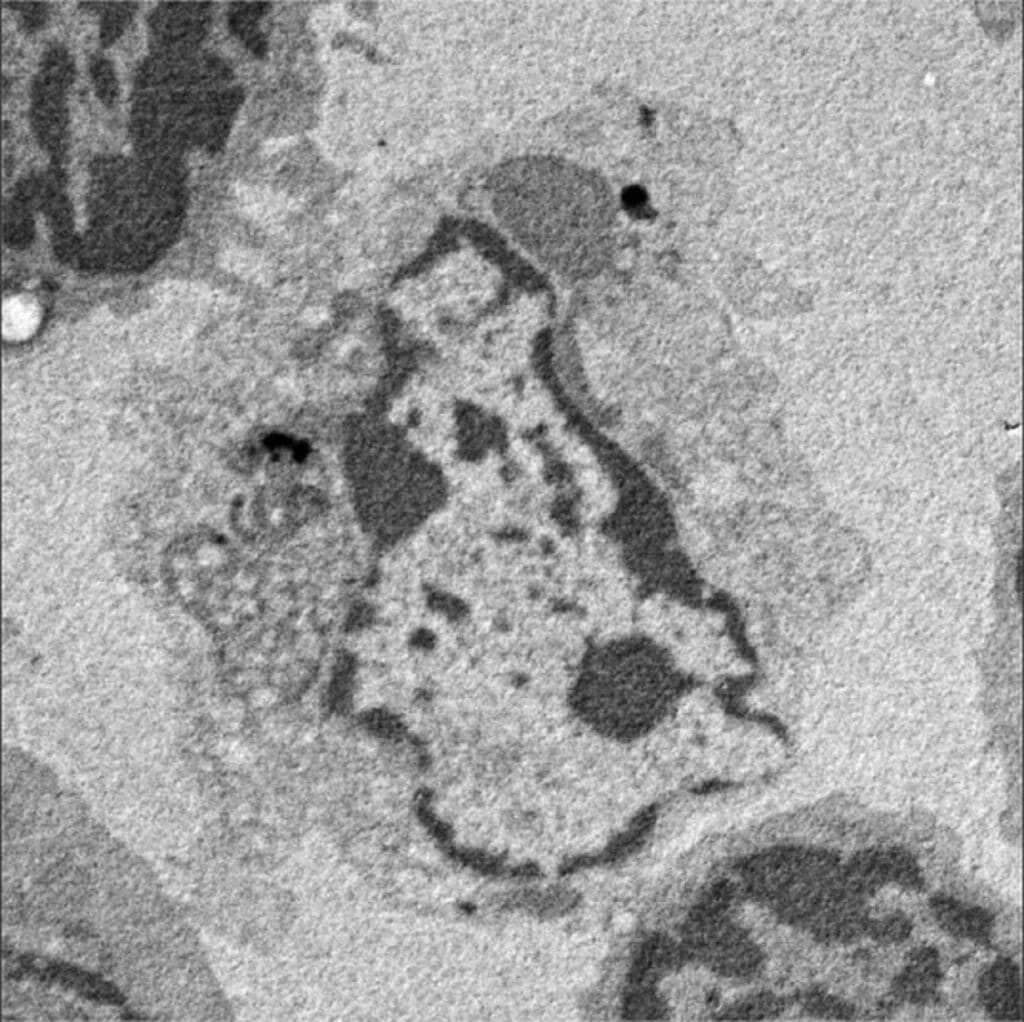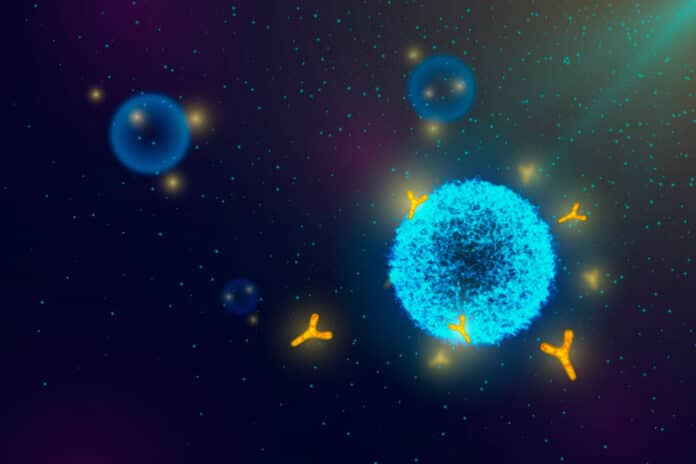Our immune system protects us from harmful invaders like the body’s defense team. Immune cells have a special “self marker” that helps them recognize and not attack their team members. However, a puzzling thing happens when these self-markers are missing. Instead of staying alive and protecting the body, immune cells die off. This study aimed to understand this unexpected phenomenon.
Researchers at Kobe University made a surprising discovery about how the immune system can remove cells that don’t have specific molecules identifying them as part of the body. This finding could be important for treating cancer.
In our body, different types of cells work together to fight diseases. Two essential types are dendritic cells and T cells. Dendritic cells are like scouts that sample the surroundings and show small parts of what they find to T cells. T cells then decide if something is foreign and needs to be attacked or if it’s okay and can be ignored. This ability to tell “self” from “non-self” is very important for the immune system to work correctly.
One of the ways cells tell the immune system that they’re part of the body is through a molecule called CD47. If T cells don’t have CD47, other immune cells can destroy them. But until now, we have yet to learn exactly how this happened. Researchers at Kobe University specially studied this. They made mice that only had T cells without CD47. This helped them figure out the role of CD47 in the interaction between dendritic cells and T cells.
This discovery could have implications for cancer treatment because it shows a new way the immune system can target and eliminate cells that might be harmful.
The scientists’ findings, published in the journal PNAS, showed that dendritic cells are responsible for killing T cells without CD47. This is a significant discovery because it explains how T cells without CD47 disappear and reveals something surprising about dendritic cells.

Before, it was thought that immune cells called “macrophages” ate up T cells without CD47, but this research showed that dendritic cells could also cause those cells to die. This is new and unexpected information, and it changes how we understand how the body gets rid of cells without CD47.
This discovery also brings up a new idea for further research. Since we now know that dendritic cells can make certain cells die, researchers want to find out if this also works for other types of cells. They’re also wondering if this could be used to help treat diseases. For example, if we change the CD47 on cancer cells, dendritic cells might be able to kill those cancer cells.
Scientists are doing more studies to answer these questions and understand how exactly dendritic cells do this. They’re also trying to see if this discovery could be used to treat cancer.
In conclusion, this study unveiled an unexpected discovery – immune cells without self-markers are not just passive; they become victims of an internal attack. This finding opens doors to better understanding immune-related diseases. It develops strategies to protect our immune cells from turning against us.
Journal Reference:
- Satomi Komori, Yasuyuki Saito, et al., CD47 promotes peripheral T cell survival by preventing dendritic cell–mediated T cell necroptosis. Proceedings of the National Academy of Sciences. DOI: 10.1073/pnas.2304943120.
